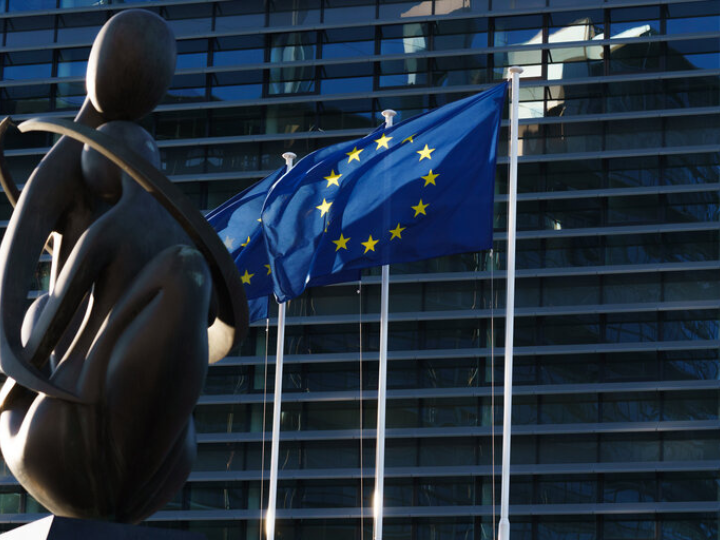by Denis MacShane*
The just concluded U.S. presidential election was at least the most important election for Europe and the world this century. It is indisputable that Donald Trump incarnates the U.S. turn to populist, nationalist and divisive politics.
Trump and Europe’s spreading anti-immigrant mood
Trump has plenty of allies in Europe with the rise of Marine Le Pen, Giorgia Meloni, Geert Wilders, Nigel Farage, Robert Fico, Viktor Orban, Jaroslaw Kaczynski, the AfD in Germany or FPO in Austria and VOX in Spain.
For her part, England’s new Conservative leader Kemi Badenoch, although herself from a Nigerian immigrant family in Britain, curiously incarnates the extent to which the anti-immigrant virus has infected so many politicians on the right in Europe.
Europe’s circle of Putinversteher
On top of that, there are all the so-called “Putinversteher” in Berlin – which significantly include the still-governing SPD – not to forget think the leaders of Hungary, Slovakia and Serbia, Viktor Orban, Roberto Fico, and Alexander Vucic.
Whether explicitly or implicitly, they want Ukraine to surrender to Putin and accept the return of Russia as a semi-colonial power in the lands of the former USSR.
The real weakness in Europe’s politics and statecraft
Trump, who is overtly contemptuous of European values and always makes a point of bemoaning that Germans don’t like him, also reveals the real, existing weakness in current European politics and statecraft.
His complaint that European Union member states as well as the United Kingdom have been free-riders on U.S. military might and have failed to invest in necessary arms and defense kit as well as soldiers, sailors and computer warfare specialists unfortunately has the merit of being true.
Always go national?
Europe builds 12 different tanks, and national leaders instinctively revert to primitive protectionism rather than agree on joint military hardware programs.
In hindsight, it is a miracle that Airbus was able to replace the UK Comet or French Caravelle to create one European world-class airliner.
However, let’s not overlook the fact that, at the time Airbus took off, Germany and Italy and Spain did not have a national airline industry – so they thankfully had nothing to protect.
These days, every EU nation wants to produce its own warships, its own drones, its own helicopters and its own armored vehicles.
And while there are a few bilaterally produced weapons in Europe, such as the UK-French mid-range missile called “Storm Shadow” in English and “Scalp” in French, all those cottage industry defense sectors leave many governments no choice but to buy U.S. arms.
Trump is coldly realistic
Trump is coldly realistic in placing American interests first. What helps him greatly is that Europe has no leaders who have any vision of a European presence in the world.
Instead, they promote the national interest of the different European states they lead, including the UK. And they don’t seem to realize that they play directly into Trump’s hands.
Even if Kamala Harris had won the 2024 U.S. presidential race, the failure of Europe to speak and act as one is giving oxygen to European nationalists who proclaim the return of the nation-state as the only guarantor of national identity and national interest.
The United States saved Europe twice from its nationalist weaknesses when American soldiers were sacrificed and left their bodies on the soil of Europe in 1917-18 and 1944-45, largely to protect British and French national and imperial interests.
That era is over. Yes, President Trump will expose Europe’s internal divisions with crude, brutal candor.
21st century America does not need Europe and will not help Europe save itself from its internal divisions based on the demons of nationalist politics and policies.
Conclusion
Truth be told, European nations and leaders have had enough time to get their act together. For that act of omission, we Europeans can’t expect any sympathy.
That Donald Trump is now in a position to exploit Europe’s weaknesses is nobody’s fault but our own.
*Former UK Minister for Europe & Contributing Editor at The Globalist
**first published in: Theglobalist.com




 By: N. Peter Kramer
By: N. Peter Kramer

